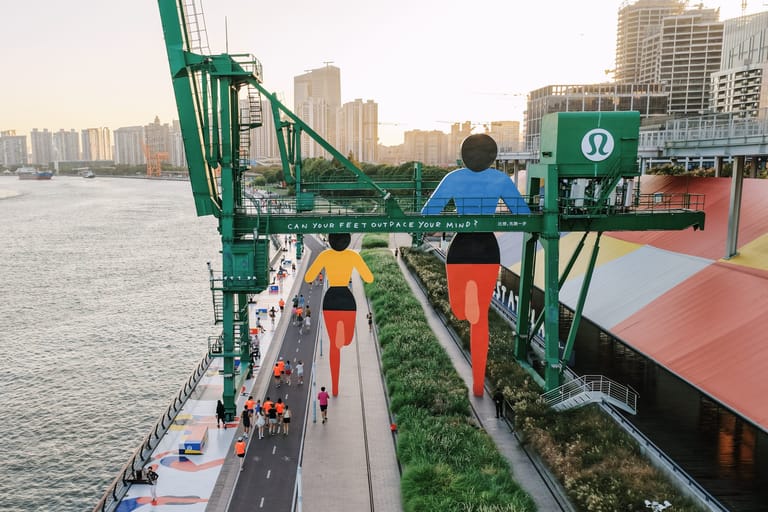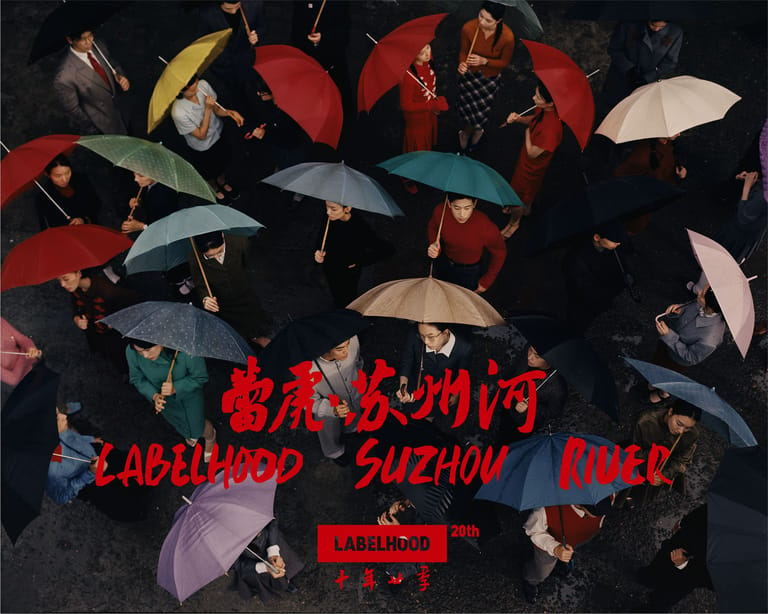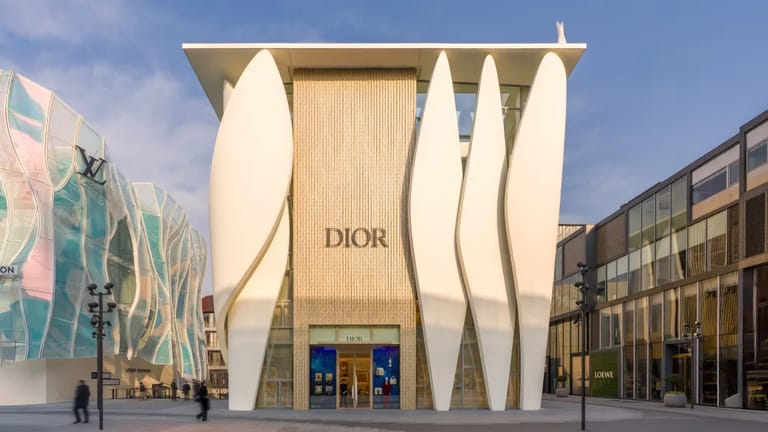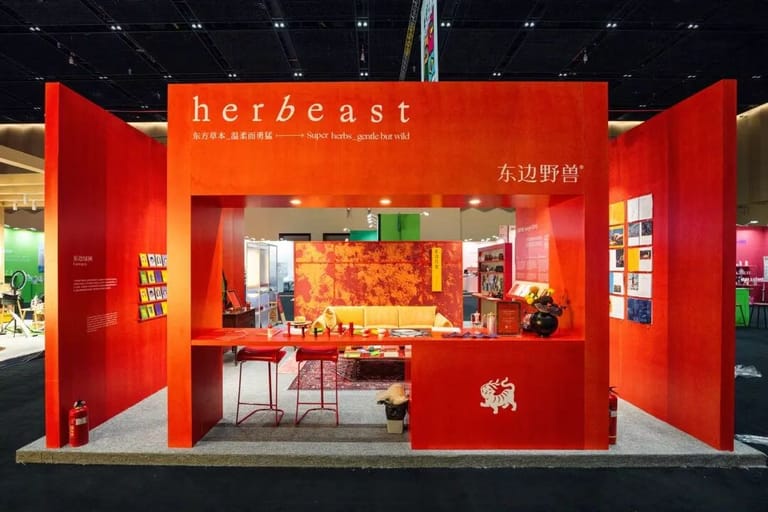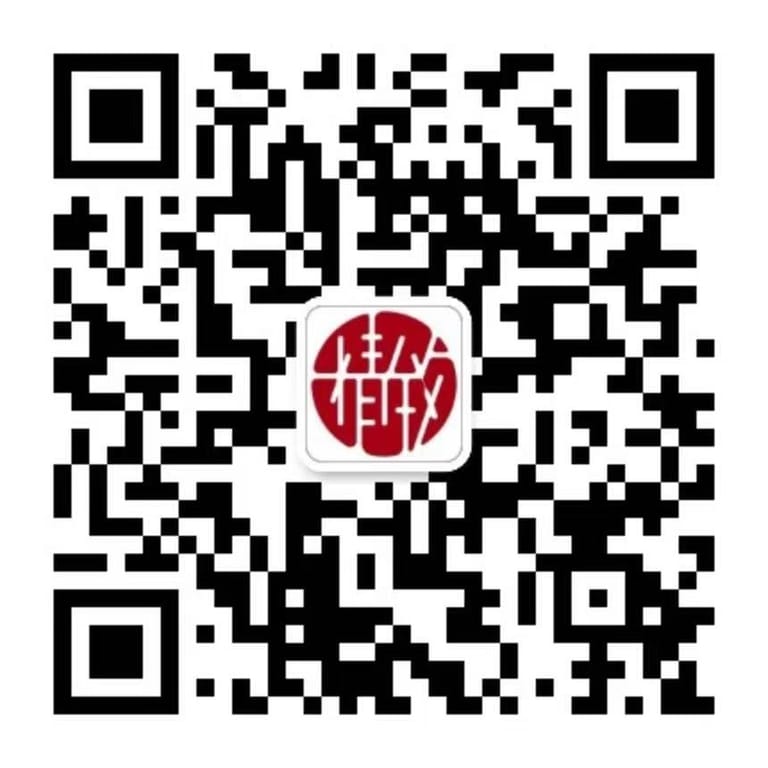Beyond Slogans: How Brands Are Redefining Women’s Day Narratives
By
Hazel Jia
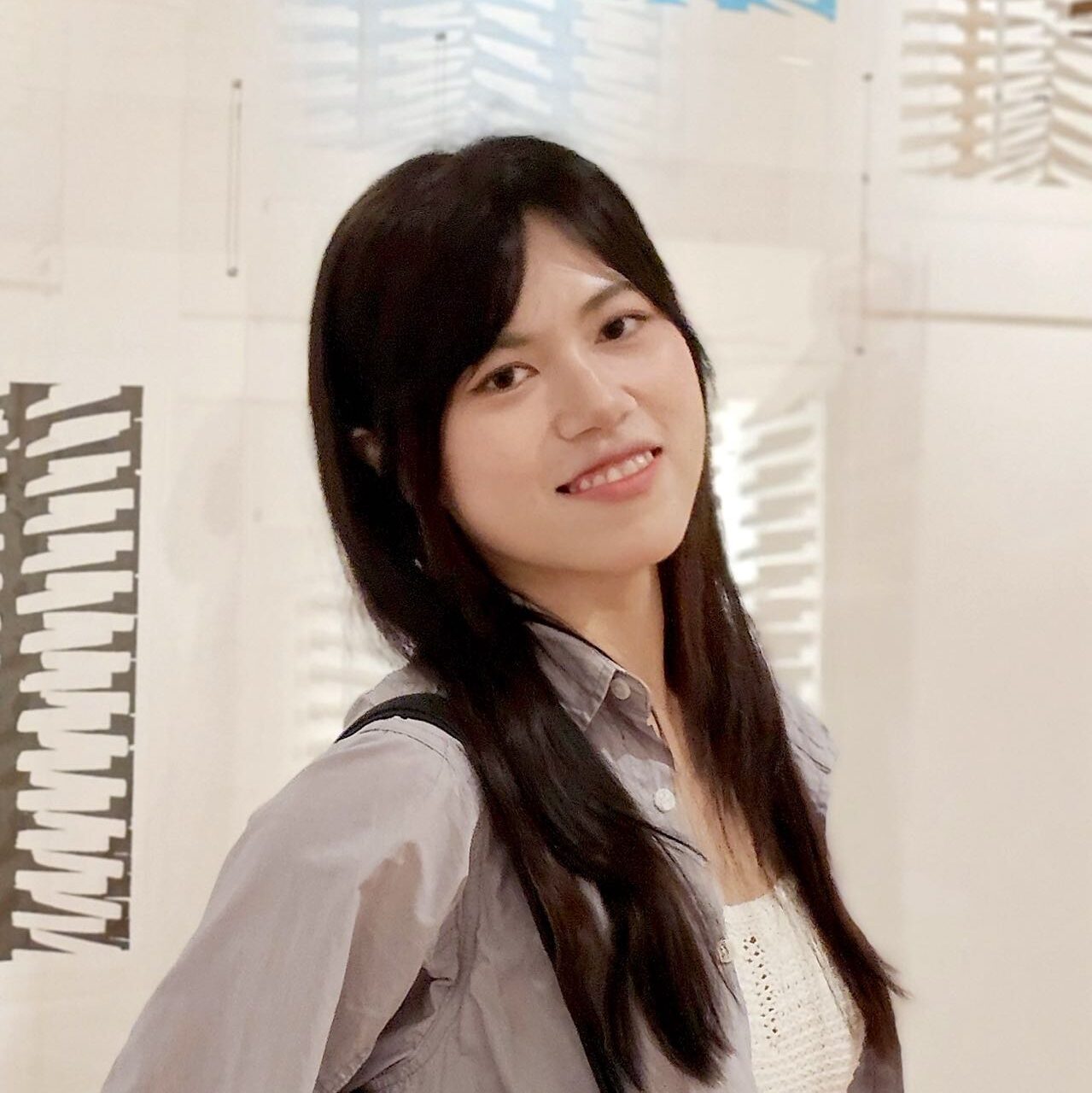
Published on
March 6, 2025
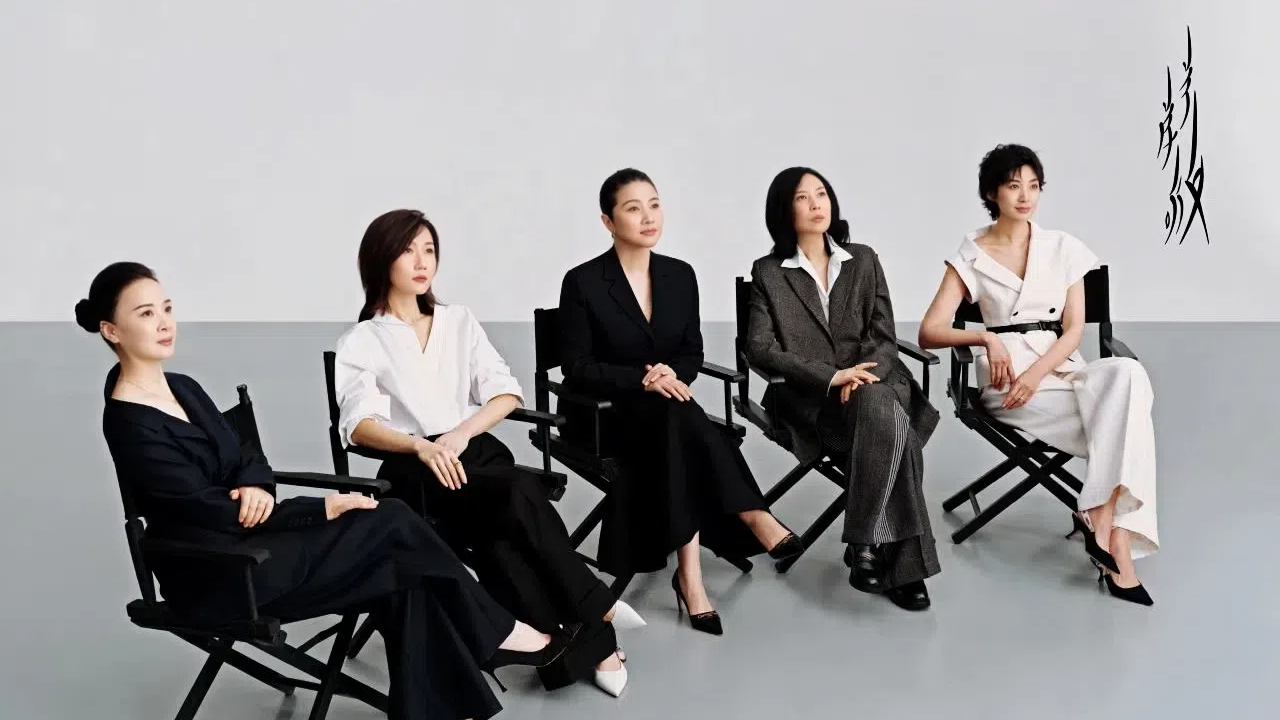
Jingzhi Curates is your daily compass for navigating the dynamic intersections of business, culture, and society. Each installment distills the day’s most pressing issues into thoughtful, actionable insights—perfect for leaders, innovators, and the intellectually curious. Whether a game-changing shift in global markets, a breakthrough in AI, or a cultural trend redefining consumer behavior, Jingzhi Curates delivers clarity in complexity.
As International Women’s Day enters its second century, its significance extends far beyond a symbolic annual celebration. The occasion has evolved into a global dialogue on identity, rights, and female representation. Previously, brands relied on slogan-driven marketing, crafting idealized narratives around virtues like independence, resilience, and beauty. However, this one-dimensional storytelling is losing relevance as social attitudes shift and consumer awareness matures.
Today, feminism has moved from ideology to action. Empowered by social media, women are rejecting singular definitions and actively shaping their own narratives. Against this backdrop, brands are transitioning from value purveyors to storytellers, serving as prisms reflecting the diverse realities of women’s lives. This shift is not just about messaging—it’s about reshaping how luxury and consumer brands engage with female audiences.
For years, the “perfect woman” was a convenient and simplified marketing trope that often overlooked the complexities of women’s personal and professional lives. Now, brands are working to dismantle this outdated model, moving beyond narrow definitions of success and bringing authentic female experiences into public view.
Dior’s collaboration with T Magazine China on “As She Sees” exemplifies this shift. The brand invited female creators from China’s film industry to discuss the structural barriers facing women in entertainment, including the scarcity of middle-aged female roles, challenges in balancing creative integrity with industry demands, and the impact of motherhood on artistic expression. By elevating these perspectives, Dior positioned itself as a platform for honest conversations rather than just a curator of ideals.
Similarly, L’Oréal Paris explored women’s experiences through the power of voice. At an open-air waterfront podcast event on Shanghai’s Bund, brand ambassadors discussed personal setbacks and self-expression. The brand also launched a holographic sound installation, weaving consumer stories into a dynamic audiovisual experience. By transforming individual narratives into a collective space for healing, L’Oréal Paris redefined brand engagement as a platform for shared emotional connection.
Both Dior and L’Oréal Paris demonstrate that brands no longer need to manufacture an idealized female identity. Instead, they can serve as documentarians and amplifiers of authentic experiences. By moving beyond aspirational success stories, they create a deeper emotional impact, resonating with consumers on a more meaningful level.
Chinese niche fragrance brand To Summer is taking a sensorial approach to women’s narratives, merging poetry and scent into a multi-dimensional experience. The brand collaborated with 11 female poets, blending their verses with bespoke fragrances to translate female emotions and perceptions into olfactory form. The initiative also sparked a broader conversation around “Playing with the World,” reinforcing the interplay between scent, thought, and emotion. Additionally, To Summer launched a limited-edition art capsule, transforming artist Peng Wei’s ink paintings into aromatic patterns, integrating ceramic incense holders and traditional Chinese aesthetics into modern living spaces. By bridging cultural traditions and contemporary craftsmanship, To Summer expands the scope of female artistic expression across sensory dimensions.
TEDxBund, in partnership with Arc’teryx, further amplified women’s voices through “Beyond the Peak,” an event featuring seven female pioneers from different industries who shared their stories of overcoming societal limitations. Among them, Arc’teryx-sponsored athlete Yang Xiaohua recounted how her achievements were overlooked due to gender bias, an experience that ultimately inspired the brand’s “She is the Mountain” campaign. The short film spotlighted women climbers supporting and challenging each other, redefining what it means to break boundaries in areas traditionally dominated by men.
By fostering cross-industry collaborations, these brands are broadening the opportunities for female storytelling, enabling consumers to engage with women’s experiences across multiple fields. Through listening and connection, marketing is transcending commercial objectives, positioning brands as catalysts for diverse and authentic female expression.



